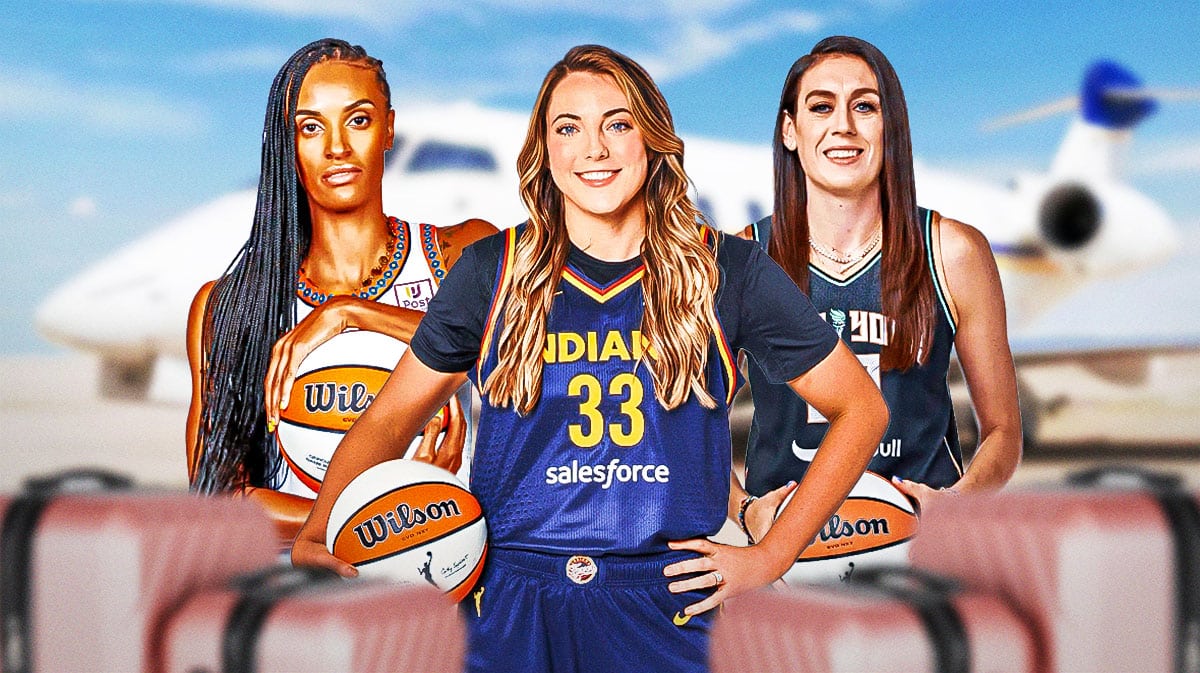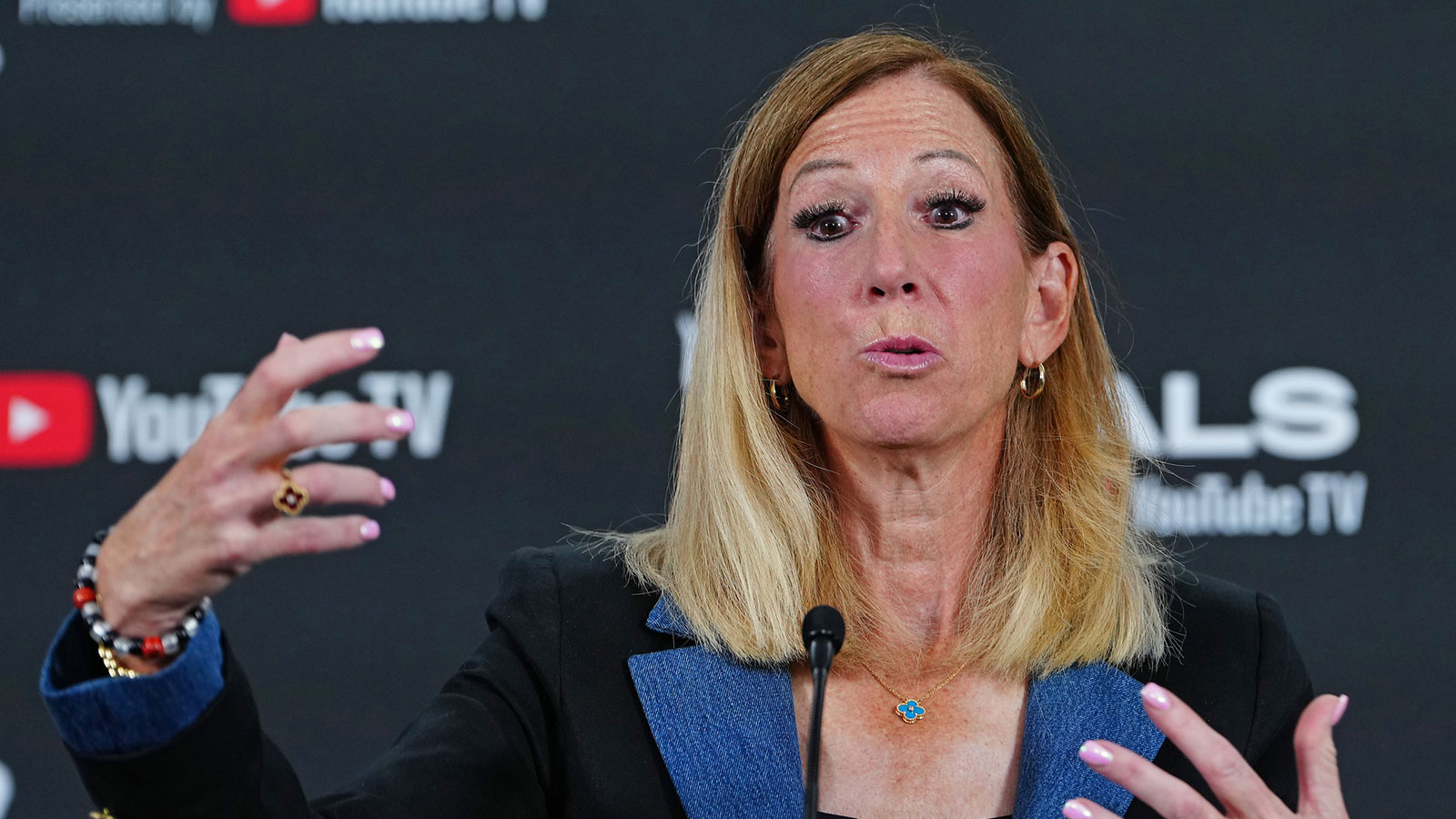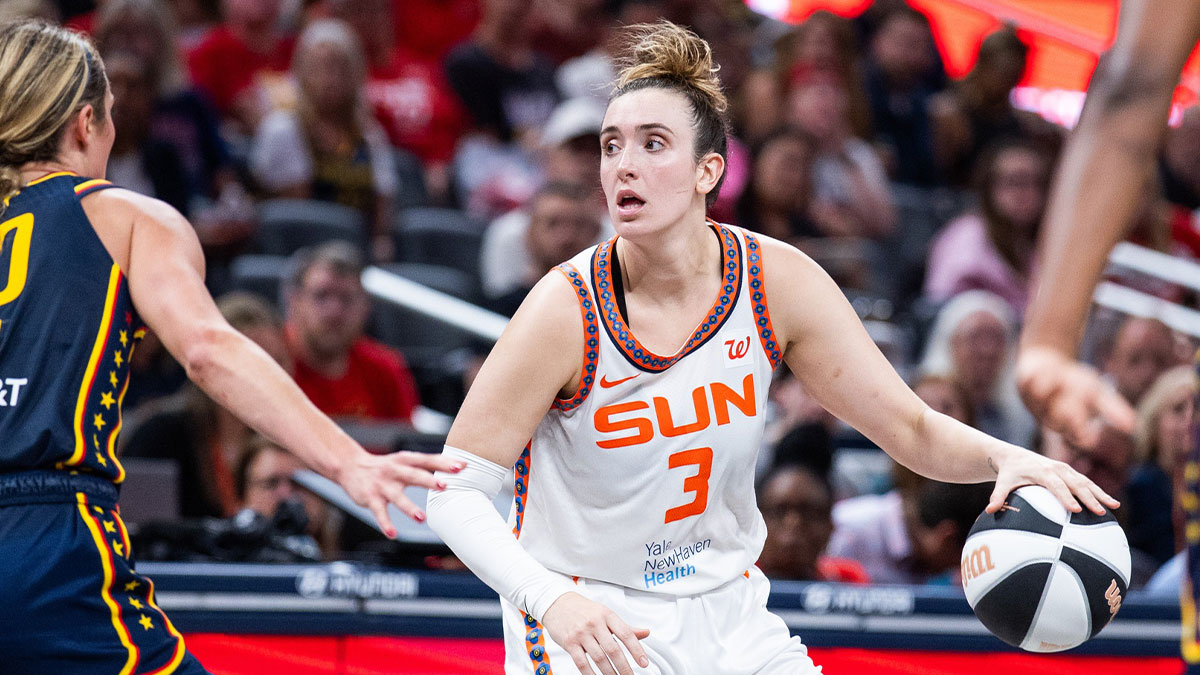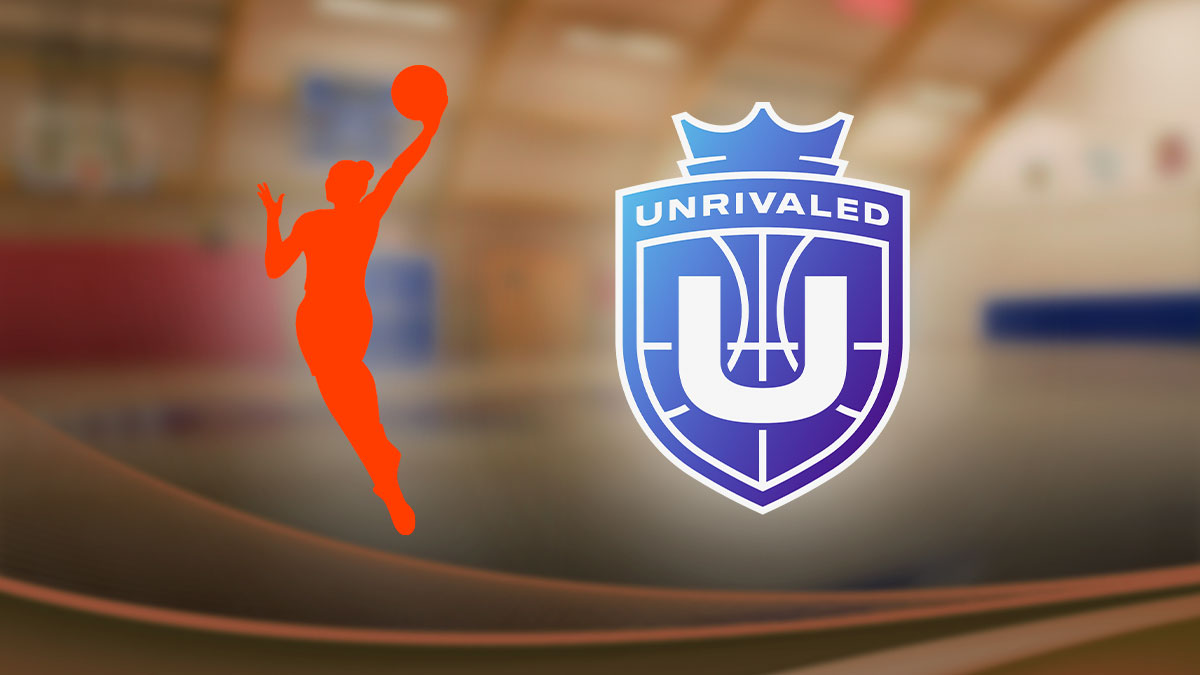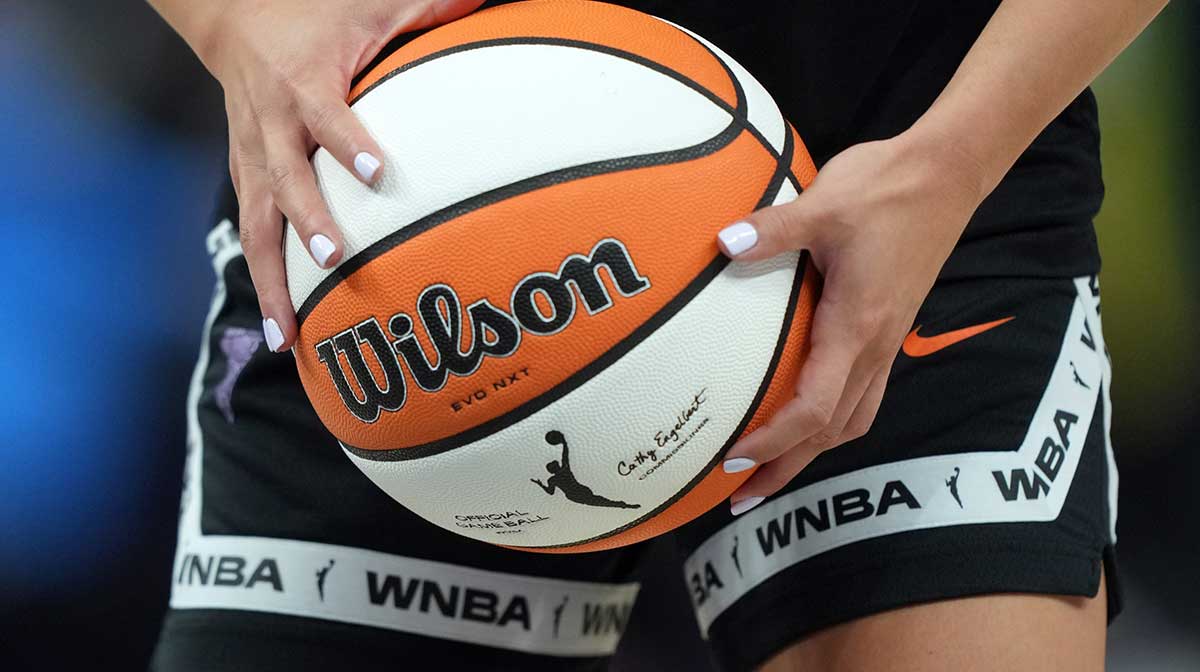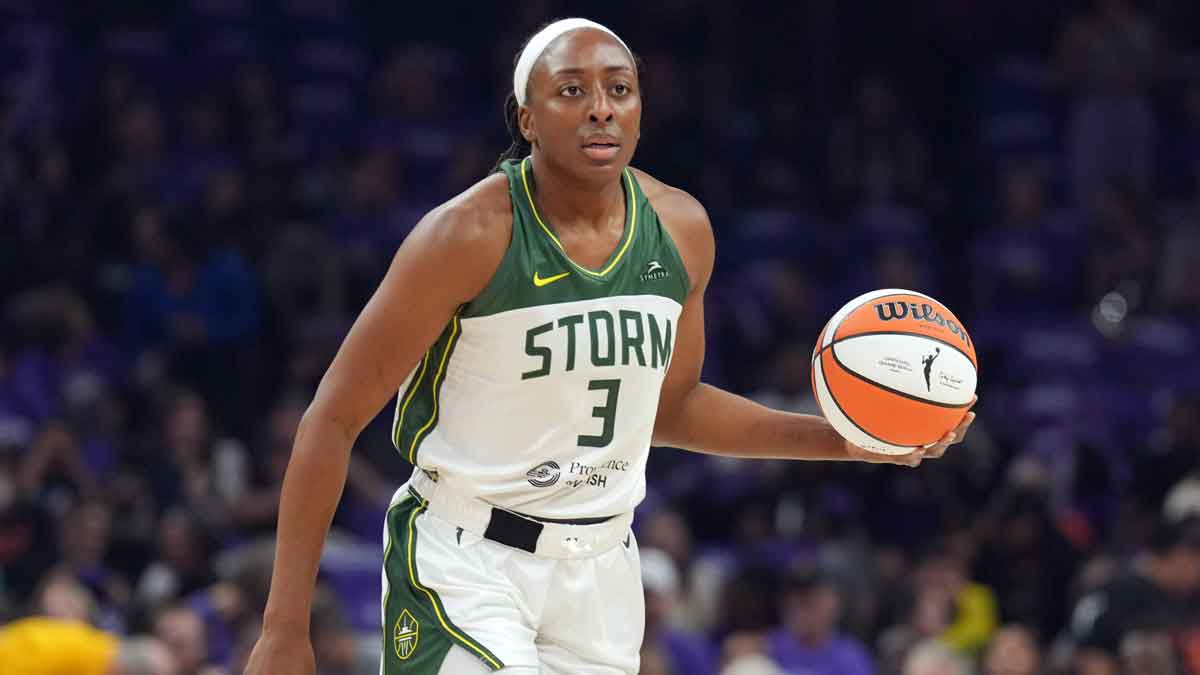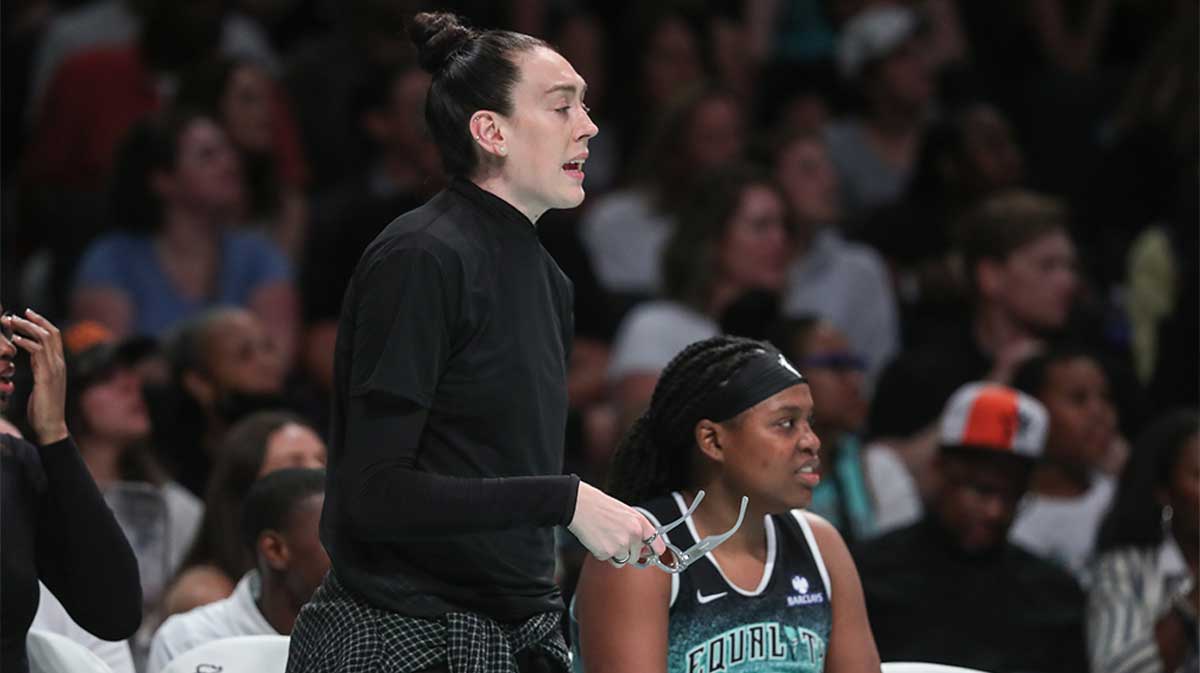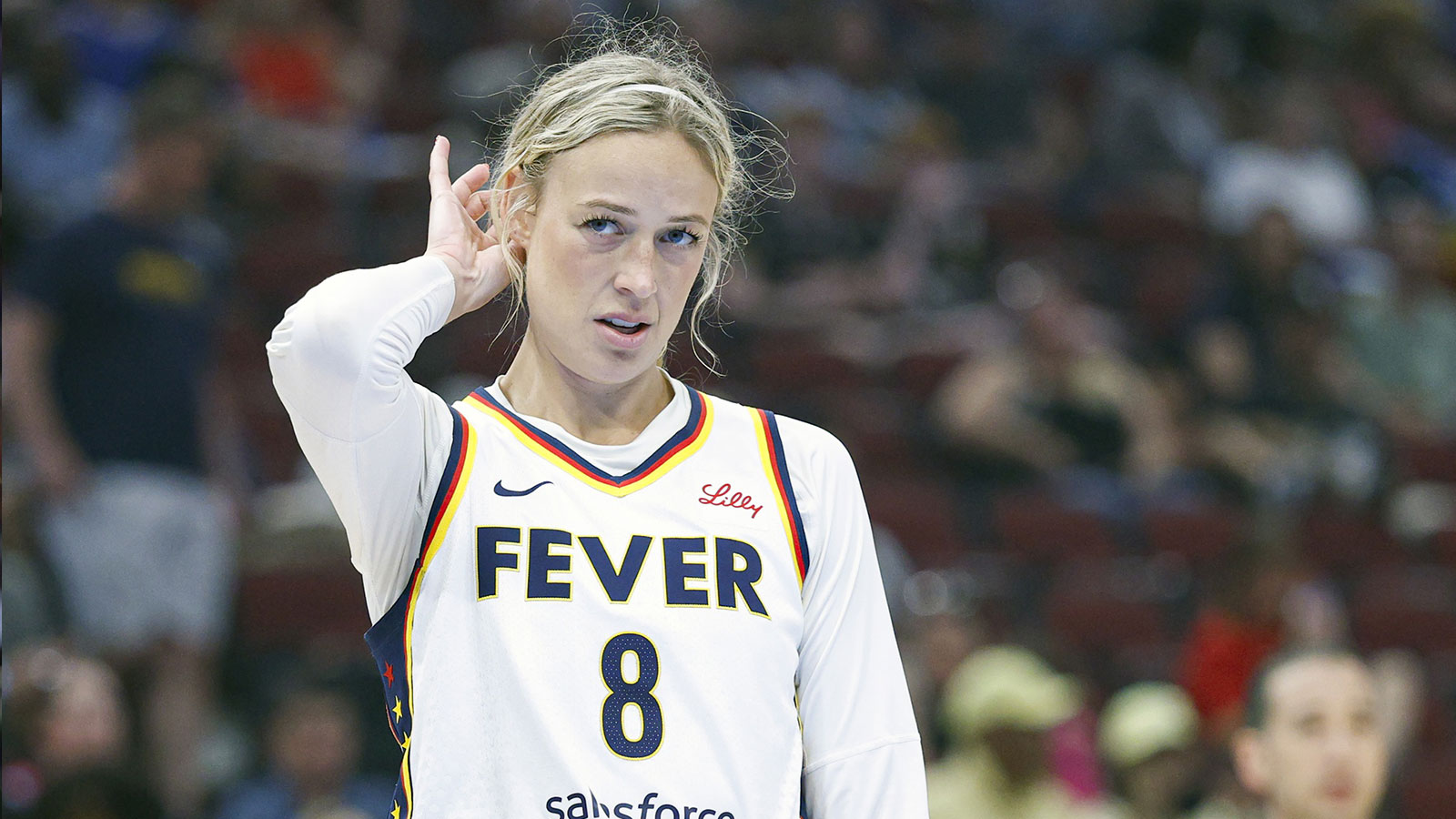The WNBA has taken a significant step forward in accommodating its players, especially those who are mothers, by deciding to provide charter flights for road games. The change, highly praised by players like Indiana Fever's Katie Lou Samuelson, addresses several concerns including travel logistics and security, making life much easier for players traveling with children.
Samuelson, a first-time mother, expressed relief over the new arrangement after it was announced last week, highlighting the difficulties of traveling commercially with a young child.
“It’s going to be a lot easier traveling with a nine-month old on a charter than it would be commercially,” Samuelson said, per Doug Feinberg of the Associated Press. She looks forward to having her daughter, Aliya Renea Cannady, accompany her to more games, something that was challenging under the previous conditions.
“She’ll be on a lot of the road trips.” Samuelson said
The introduction of charter flights is part of a broader initiative under the current Collective Bargaining Agreement (CBA) that enhances support for player-parents. Notably, players now receive their full salary while on maternity leave, an improvement from the previous agreement where only half was paid. Additional benefits include a $5,000 childcare stipend and provisions for a two-bedroom apartment, making it easier for players to manage family life alongside their professional commitments.
The new CBA also ensures that nursing mothers have access to comfortable, private spaces at arenas for breastfeeding, along with refrigeration facilities for storing breast milk. Connecticut Sun’s DeWanna Bonner, mother of six-year-old twins, praised the improvements.
“I hope it keeps getting better and better because people don’t really understand what it takes to be a mom and play basketball or be a mom and be in any kind of sports thing,” Bonner said. “It’s very mentally draining. So just for them to to provide any and everything they can to support you, it’s exciting.”
WNBA players appreciate charter flights, other initiatives
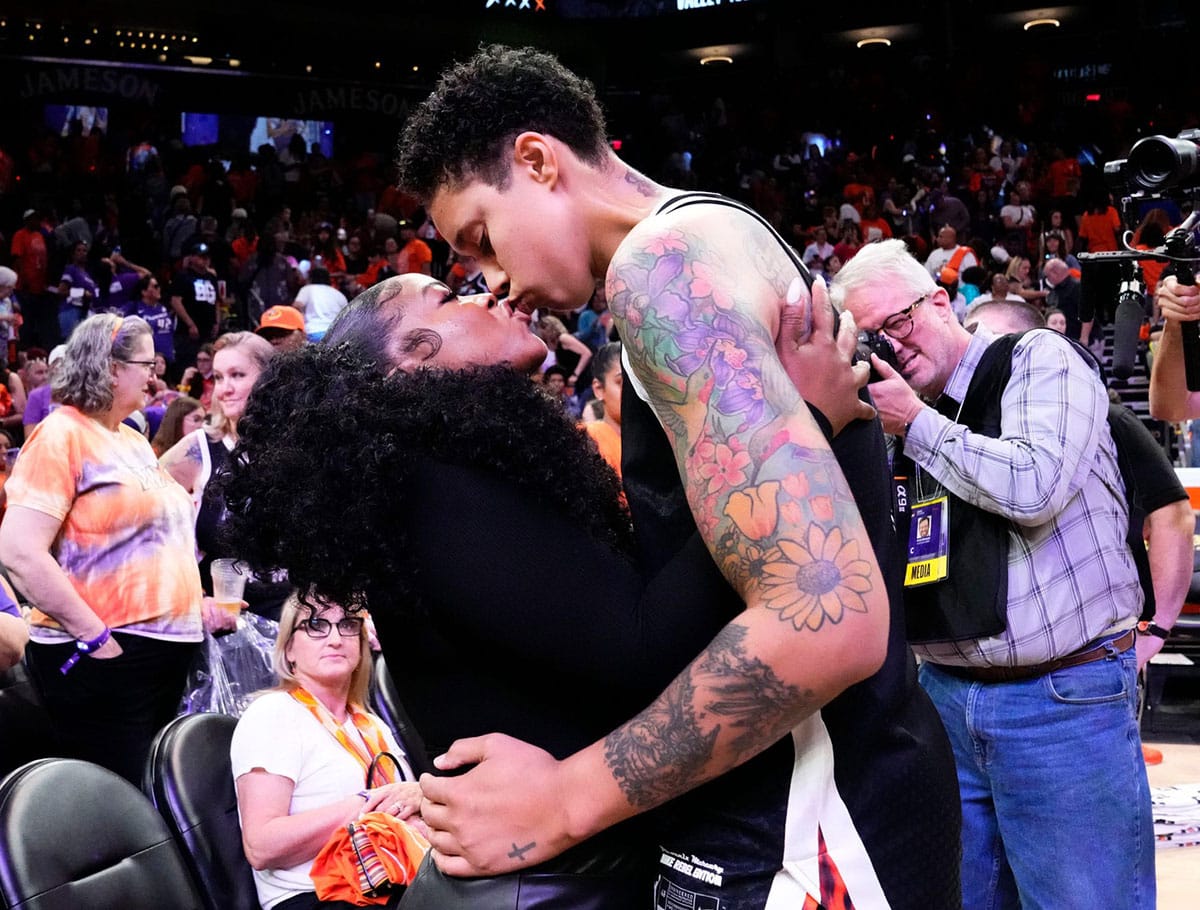
Reflecting on the past, Sun coach Stephanie White shared memories of the challenges faced by former players who were mothers, such as Niele Ivey, mother of NBA player Jaden Ivey. The conditions then were far from ideal, with players often having to manage childcare alongside their professional responsibilities in less supportive environments.
“There wasn’t a lot available. She would bring him to practice and he’d sit in his car seat or, you know, somebody would come with her and he’d sit with her,” White said. “On the road it was, you know, sharing a room at the time because I don’t even know if veterans got their own room. So you’d have to pay for a separate room or pay for people to come with you.”
The league's efforts are seen in other areas too. Teams like the Phoenix Mercury have enhanced family-friendly facilities at their arenas, recently unveiling a new family room during the Suns games. This space is designed for kids to play in before, during and after games, reflecting a growing recognition of the players' roles as both athletes and parents.
Breanna Stewart, a two-time league MVP and mother, though appreciative of the strides made, pointed out areas for further improvement. She advocated for the childcare stipend to be per child and called for a reduction in the years required to qualify for family planning benefits, which currently stands at eight seasons.
“We’re in a much better place then we ever were with these benefits …(but) it should be a per child situation. Kids are expensive. If the league can help, let’s really do it,” Stewart said, adding that the number of years to qualify for the family benefits needs to be reduced.
Players with eight or more seasons of experience are eligible for reimbursement of up to $20,000 annually for expenses related to adoption, surrogacy, egg freezing, or fertility/infertility treatments. The total reimbursement per player is limited to $60,000. Players usually stay in the league five years on average.
“That’s a long time. … it’s hard to get to that point,” she said. “It’s a benefit I’m sure a lot of players would love to take advantage of.”
The recent developments have sparked a sense of community among WNBA mothers, and Stewart said she would be surprised to see the creation of a moms group text during the upcoming Olympics. Diana Taurasi, Stewart, Napheesa Collier and Chelsea Gray are all parents, and soon Brittney Griner will be too, as her wife Cherelle is pregnant with their first child due in July.
Earlier this year, Gray's wife, Tipesa, gave birth to their first child.
“Mother’s Day used to be what do I get my mom? Make sure I call my grandmother. It’s still the same, but now I’m receiving calls,” Gray said. “It really hasn’t dawned on me that I have a day now.”

